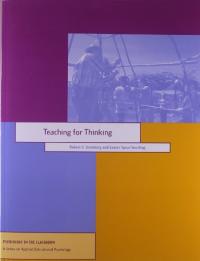Louise Spear-Swerling is Professor of Special Education and Reading and Area Coordinator of the Graduate Program in Learning Disabilities at Southern Connecticut State University in New Haven. Before joining the faculty at SCSU, she taught in public schools in Connecticut, in both special-education and general-education settings. She received her B.A. in English from the University of Connecticut in 1976 and her Ph.D. in Cognitive Psychology from Yale University in 1988.
Dr. Spear-Swerling was a member of the Connecticut Early Reading Success Panel and the primary writer of its report, Connecticut’s Blueprint for Reading Achievement (2000). Her research interests include reading acquisition, reading difficulties, and teacher education in reading, and she has published numerous articles and book chapters on these topics. Dr. Spear-Swerling has extensive experience in teacher education and professional development, including supervising a tutoring program that pairs preservice teachers with young at-risk readers in the New Haven Public Schools. She has served as a consultant for a variety of school districts and state education agencies.
Articles by this author
Evaluation / LD Testing
Assessment of Reading Comprehension
Math & Dyscalculia
Components of Effective Mathematics Instruction
Teaching & Instruction
Components of Effective Reading Instruction
Writing & Spelling
Components of Effective Writing Instruction
Math & Dyscalculia

